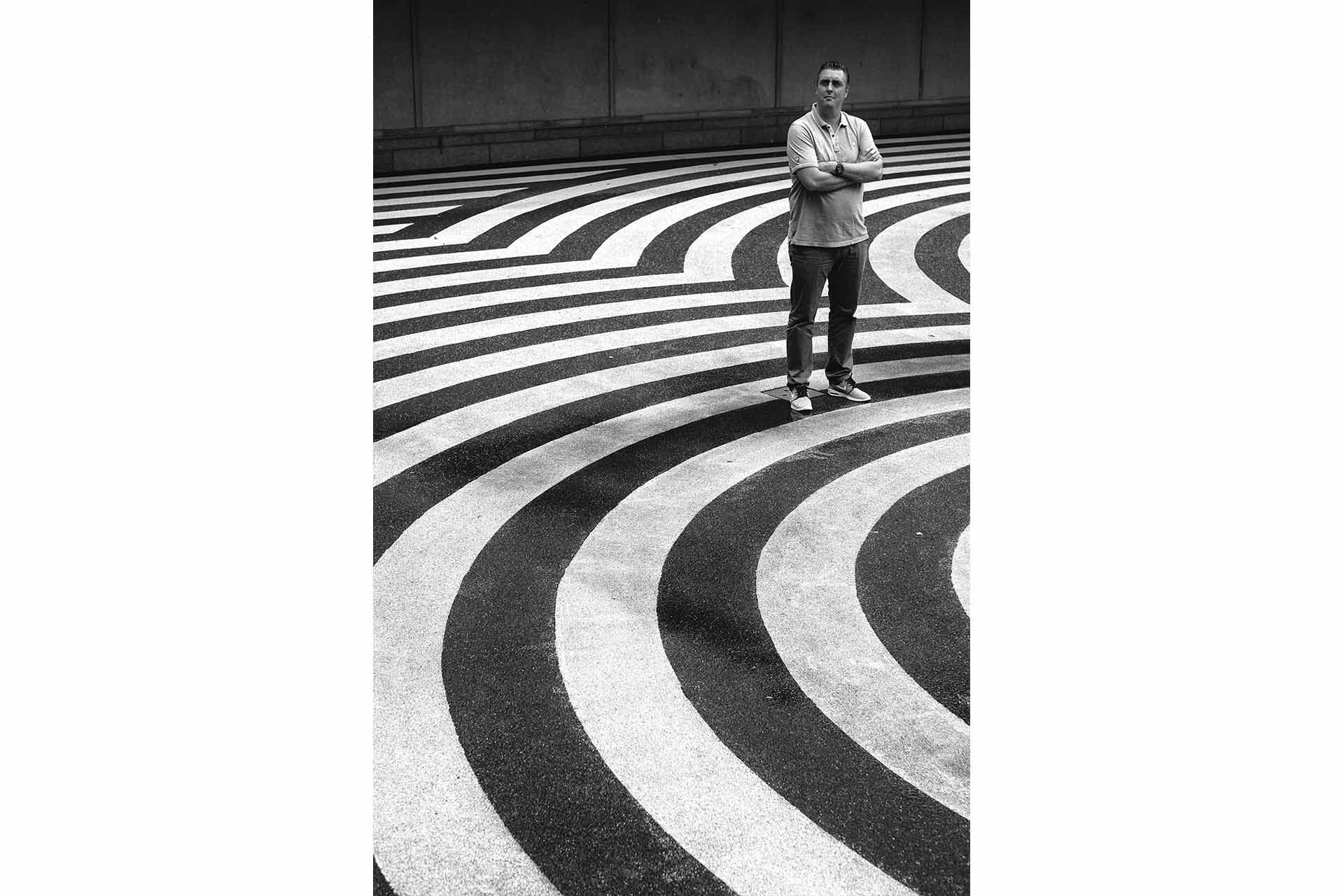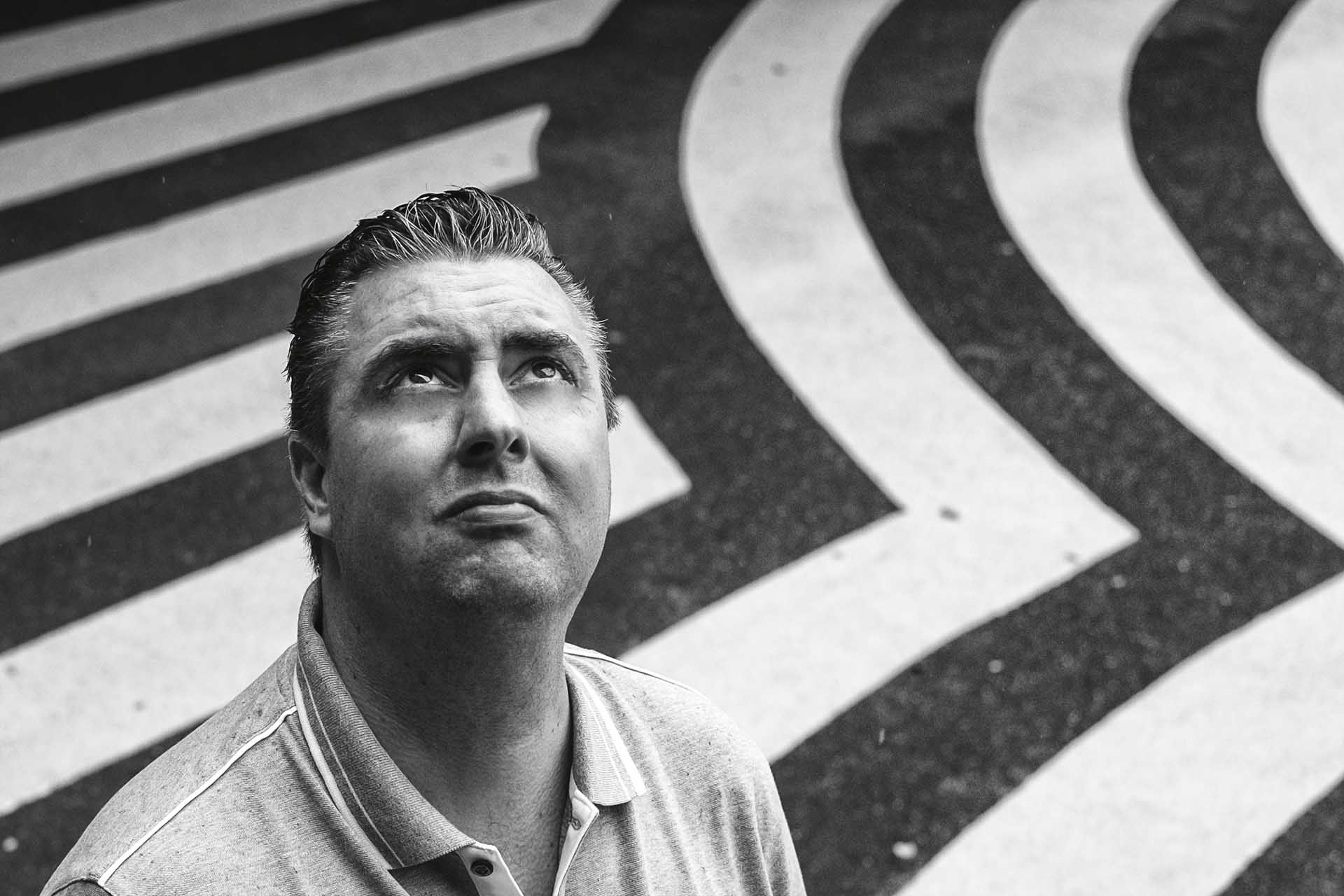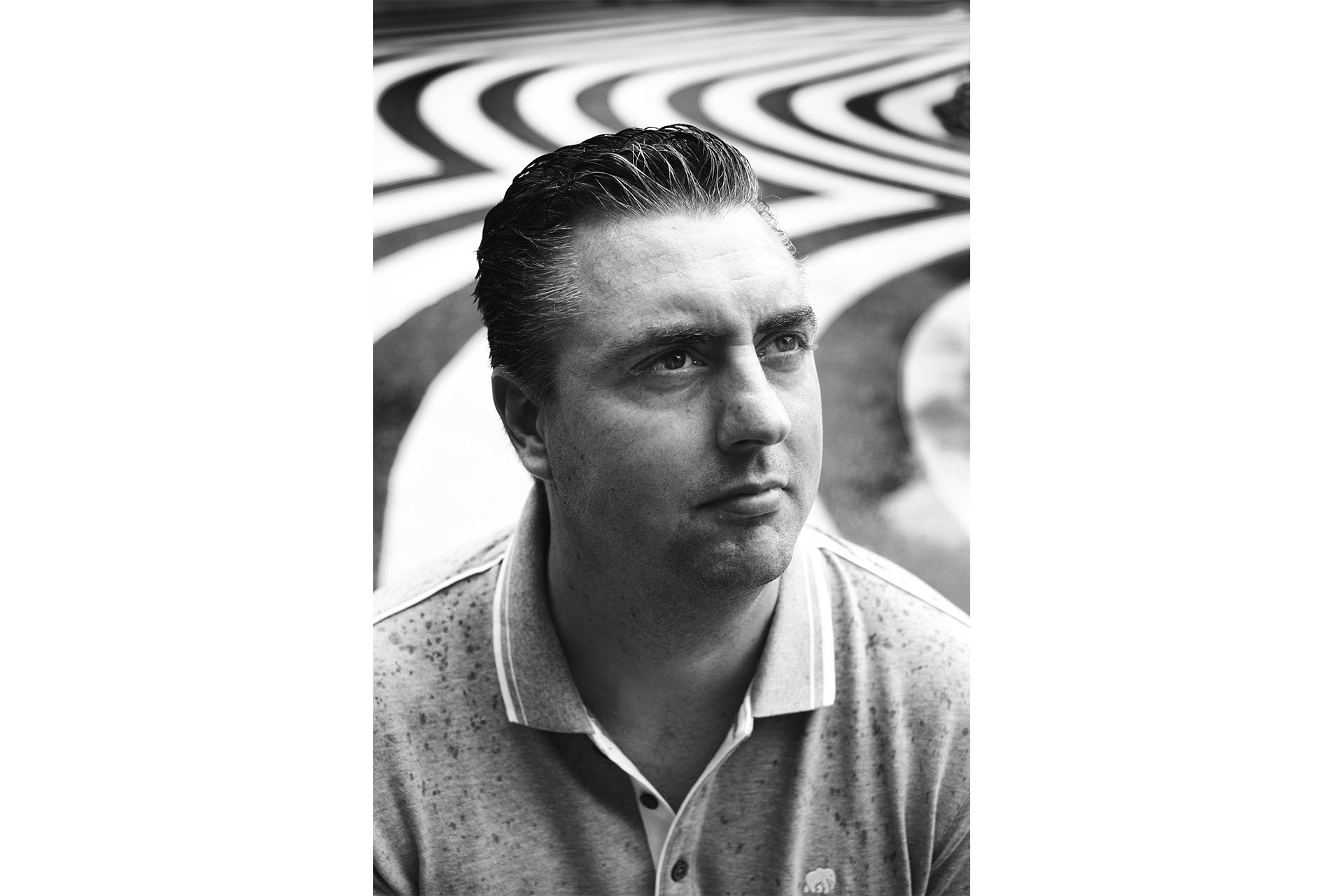


Because I am the father of an adopted child, it is even more important to do a good job as a parent. No father wants to make mistakes, of course. But I do believe that feelings are more intense when you are an adoptive father. Giovanni is already in a situation that should have been different, away from his birth mother. He did not ask for this. I am aware of that. Therefore, I believe mistakes made as a parent could have a stronger effect because of this.
I actually was not an advocate of adoption. My opinion on the subject was pretty black and white; it basically means that one buys a child, just because they want to be a father or mother. That is what I thought.
But halfway through a long process of medical procedures to get pregnant, we started talking about it. We went to a few meetings and we started taking a preparatory course. I wanted to give it a chance, because my wife was already open to the idea. It became clear to me then that things are slightly different. More nuanced. And even though it was difficult, I started accepting the idea. I also realised that a child is never something you can ‘own’. In the end, all children will follow their own path. All one can do is try to be as good a parent as possible. Then we decided to go for it, regardless of if we would ever get pregnant or not. In the end, we did stop with the medical treatment, because it was physically and mentally draining for the both of us.
I actually was not an advocate of adoption. My opinion on the subject was pretty black and white.
We chose the United States for several reasons, but mostly because we wanted an open adoption. We wanted to keep in touch with the biological mother and father. We knew that the procedure in the United States was also connected to risks, but we never thought it would happen to us. We were chosen by a birth mother, but when the child was born, she decided to keep it after all. That is what is supposed to happen of course, in a perfect world, so we were able to live with that, but it hit us hard on an emotional level. Luckily, we were provided with a lot of counselling to get over this.
It is also something I point out to people when they comment on adoptions from the U.S. ‘It is such a wealthy country, is it not possible for them to receive support there?’ I actually think it is great that birth mothers are allowed to decide about this in this procedure. In the U.S., a lot of people treat non-whites differently than people would here. If the birth mother decided to let her child grow up in the Netherlands, with professional counselling and time to think about this, what is the problem?
Of course, this does not mean that Giovanni and we, as parents will never be confronted with any problems at all here in the Netherlands. Our expectations regarding that are quite realistic. That is what I focus on the most now, his future. What is the best way to prepare him for the reactions he will receive from other people? Or things that he might struggle with himself? Will I be able to deal with the possibility of him telling me “you are not my dad” as a teenager? And how will I tell him about his personal history? I am actively looking for answers to those questions, even if he is only 2 and a half years old.
Adoption has turned my life in a completely different direction. It is not only because of becoming a father. If I had a biological child, I would have never done a course and I would have never read a book about parenthood. My thoughts have become more nuanced. Sometimes I wonder about my own thoughts; ‘is that true?’ Because I do not want him to suffer because of my opinions.
I hope that when I am old and grey, that he will come to the conclusion and say; “dad, mum, you did a good job.” That is what I want more than anything. Even if everything else I do in my life is wrong, if he says that, I know it is all good.
Tekst: Kim van Schie Fotografie: Ton Sondag
